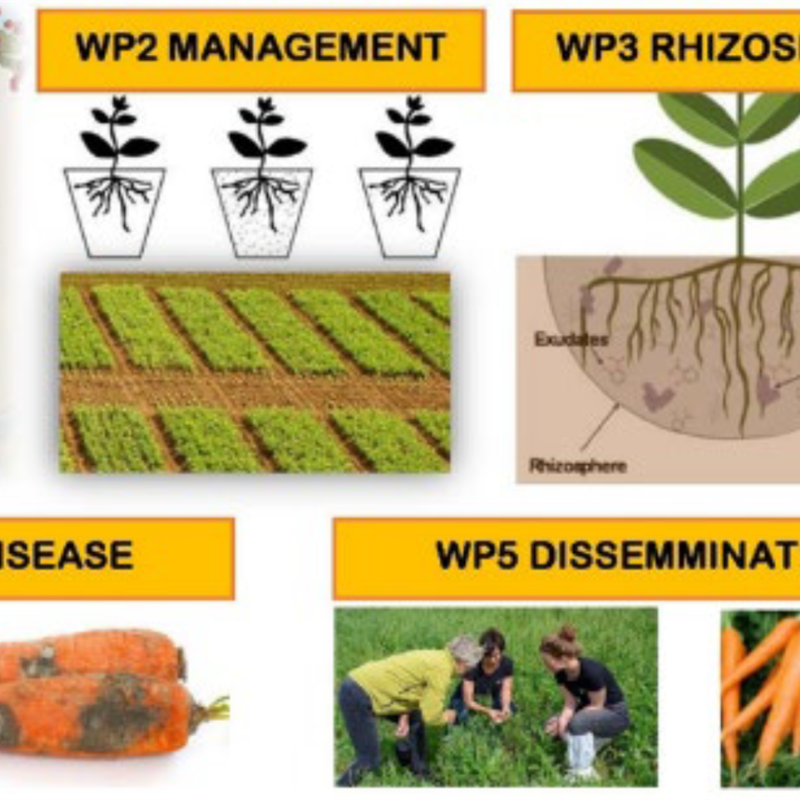Birgit Schaller
Engineer
Abstract
No abstract has been registered
Abstract
Rotgallnematoder (Meloidogyne spp.) er en stor gruppe obligate planteparasittære nematoder som finnes over hele verden. Skadene etter rotgallnematoder forringer både kvalitet og avling, og gir store avlingstap på verdensbasis. M. chitwoodi og M. fallax har mange vertsplanter, og er vanskelige å bekjempe dersom de etablerer seg. Derfor ansees disse artene som alvorlige planteskadegjørere, og som en trussel mot europeisk potet- og gulrotproduksjon. Både M. chitwoodi og M. fallax er påvist i Europa i begrenset omfang. Begge artene er de senere årene funnet i Sverige, og i 2022 ble M. chitwoodi påvist for første gang i Danmark. M. chitwoodi og M. fallax er ikke påvist i Norge, men det er risiko for at begge artene kan etablere seg, og dermed gjøre omfattende skade i norsk potet- og gulrotproduksjon. Siden 2019 har NIBIO analysert 2024 prøver av mat- og industripotet, derav 350 prøver i 2024. I 2019 ble det i tillegg tatt ut 70 prøver fra settepotetproduksjon. Det er ikke påvist M. chitwoodi og M. fallax i prøvene som er tatt ut i perioden 2019-2024. Resultatene fra kartleggingen i Norge i perioden 2019-2024 for Meloidogyne fallax og Meloidogyne chitwoodi iht. ISPM 8 er å anse som «absent, pest not recorded».
Authors
Ari Hietala Jostein Gohli Henrik Antzée-Hyllseth Torstein Kvamme Marte Persdatter Tangvik Solveig Haukeland Birgit Schaller Jan Philip Øyen Irene Rasmussen Tor Arne Justad Eva Solbjørg Flo Heggem Christer MagnussonAbstract
No abstract has been registered

